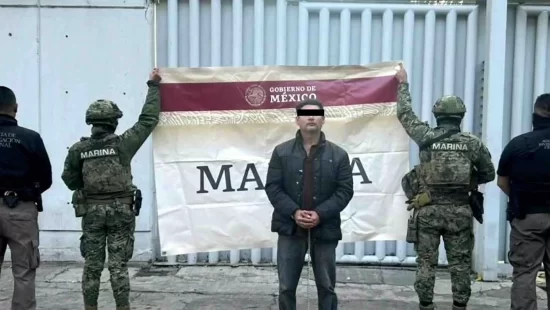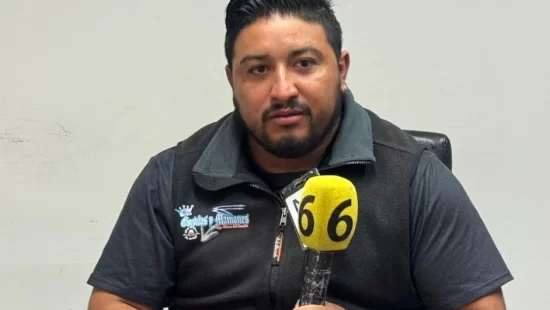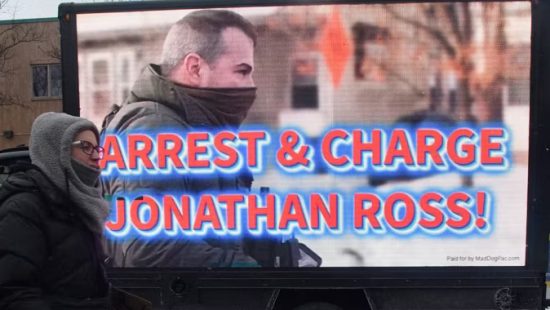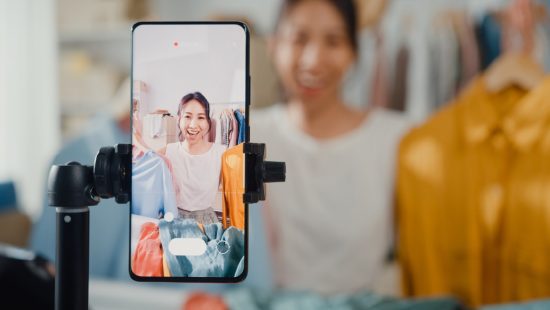Close to 600 health-related offices and businesses in Tijuana are being blocked from purchasing “medical lane” passes from the city.
The program has allowed firms to acquire the passes and then give them to their patients to help them cross the border faster.
This was seen as an incentive for people to go south of the border for medical and dental care while avoiding long border waits.
Last year, the city began investigating abuse in the program and found widespread fraud.
“We needed to assert control,” said Pedro Montejo Peterson, head of Tijuana’s business development. “The passes are now being utilized and functioning properly, the way they were intended to.”
According to Montejo Peterson, the city discovered many businesses were buying the passes and reselling them in the open market to anyone willing to pay for faster access across the border.
While it’s still happening, it’s not as bad as it used to be, he said.
“We’re not seeing a situation as bad as it once was when we first took office,” he said. “Used to be you would find ads on Facebook, Instagram and other social media platforms selling the medical passes, now we hardly see it.”
Montejo Peterson estimates the problem has been rectified by 90 percent.
“We are trying to make this program, as well as others, better, and not just in the medical tourism area, but for hotels and restaurants — we are looking to amplify the program with certain hospitals, clinics and other businesses amplifying access by at least 10 percent.”He went on to say that unlike with the previous mayoral administration, those caught reselling the passes are kicked off from the program indefinitely and not for just a short period of time.
“We’re staring to call the program ‘quick crossing’ because it’s not just for the medial sector anymore. We’re making them available to hotels and restaurants, other businesses and even students who could use them.”
QR codes are now being implemented, eliminating the need for actual passes while reducing the likelihood of fraud and duplication. “We are taking advantage of technology in the booth, we can monitor the passes, we can see exactly who is using it and we can track how the user acquired it,” he said. “The only place you can get one is from the city.”








